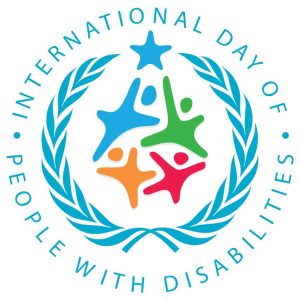
Disability Visibility: First-Person Stories from the Twenty-First Century (2020) is a bestselling work that seeks to give voice to the experiences people living with single and multiple physical, intellectual and other disabilities. It includes writings by 4 activists in the persons with disabilities community.
Haben: The Deafblind woman who conquered Harvard Law (2019) is the inspiring autobiography of Haben Girma, the first deafblind graduate of Harvard Law School and how she became a disability rights advocate.
It’s Just Nerves: Notes on a Disability (2017) is a portrait of what it means to live a with disability by someone who suffers from myasthenia gravis.
Unspeakable: The Story of Junius Wilson (2007) describes the trials of the titular character as he faces race and ability discrimination during the Jim Crow era. After being accused of a heinous crime and being declared insane by a medical professional, Wilson must navigate being deaf while seeking freedom from a racially segregated mental health facility.
My Thirteenth Winter: A Memoir (2005) is the story of a young teenager who is diagnosed with a learning disability. This memoir explores her diagnosis and coming to terms with her disability, while exploring the ways her life changed in the process.

